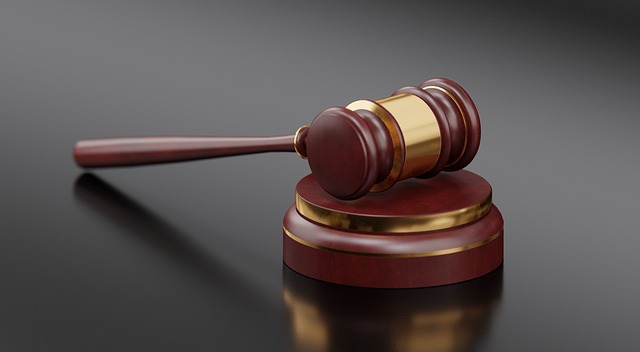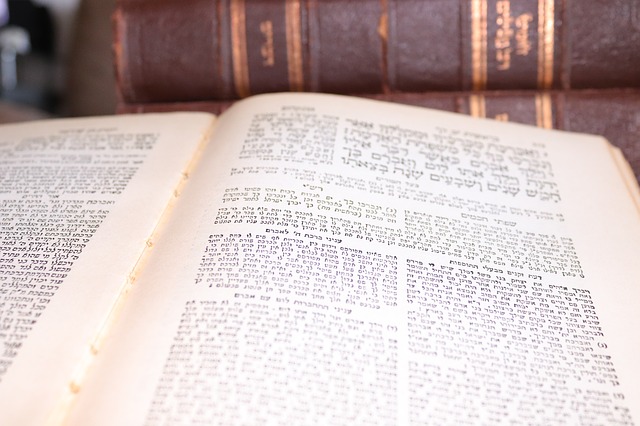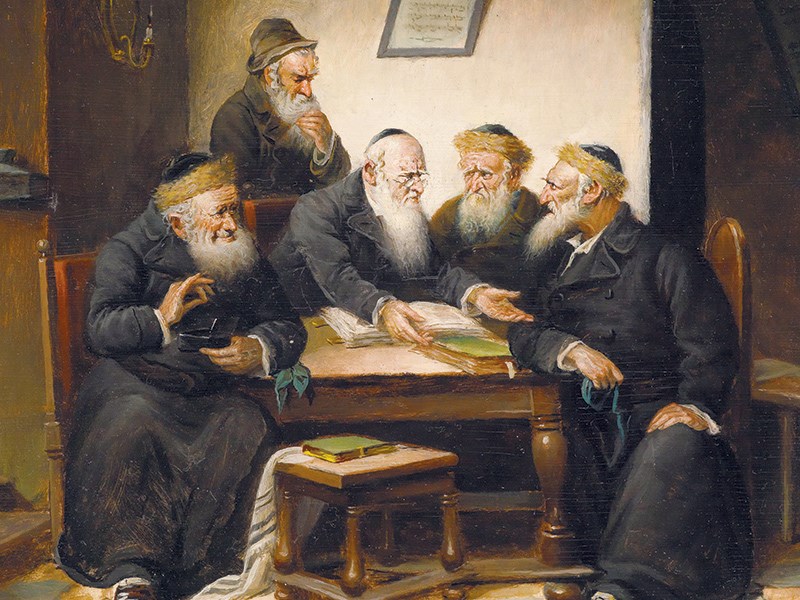Overview: In what may be, in a sense, more evidence for rabbinic authority, here we bring Scriptural basis for the authority of a High Court whose power extends beyond the civil law and into religious law.
“If a matter eludes you in judgment, between blood and blood, between judgment and judgment, or between lesion and lesion, words of dispute in your cities, then you shall rise and go up to the place the Lord, your God, chooses. And you shall come to the Levitic kohanim and to the judge, who will be in those days, and you shall inquire, and they will tell you the words of judgment. And you shall do according to the word they tell you, from the place the Lord will choose, and you shall observe to do according to all they instruct you. According to the law they instruct you and according to the judgment they say to you, you shall do; you shall not divert from the word they tell you, either right or left. And the man who acts intentionally, not obeying the kohen who stands there to serve the Lord, your God, or to the judge that man shall die, and you shall abolish evil from Israel. And all the people shall listen and fear, and they shall no longer act (prohibitions) wantonly.”
(Deuteronomy 17:8-13)
From these passages it is clear that the Written Law itself isn’t sufficient for a proper keeping of the Mitzvos, but the High Court (beis din or sanhedrin in Heb.) is needed to establish a final verdict on performances of the Mitzvos. We thus see that there are details of the Mitzvos that are beyond the Written Torah, that are left to the High Court to decide. This is evidence that the Torah granted authority to the sages to decide in matters unclear in the Torah.
But perhaps, as some skeptics claim, the power offered to the High Court in Jerusalem is limited to civil matters, just like every society has a house-of-authority for civil law; but it is not to be extended to Mitzvos. How then do we know that the sages were granted authority in religious matters as well?
II Chronicles 19:10 clarifies what the position of the Supreme Court was. King Jehoshaphat established a Supreme Court in Jerusalem, compiled of judges from the Priests, Levites and tribal leaders of Israel. He then tells them that “any quarrel that may come before you from your brothers who dwell in your cities, whether it is between blood and blood (homicide), or regarding Torah and mitzva, to statues [Chukim] and civil law [Mishpatim]…” The wording seems to indicate their authority in religious matters in addition to civil.
This body of authority obviously hasn’t ceased after the destruction of the High Court (along with the Temple) but continues till this day. Since Mitzvos still apply today (see here), then authority must also apply in order that we properly do the Mitzvos. This jurisdiction belongs to the rabbis, the heirs of the High Court scholars. Practically speaking, the Torah Law is unattainable without the Halachic system.




